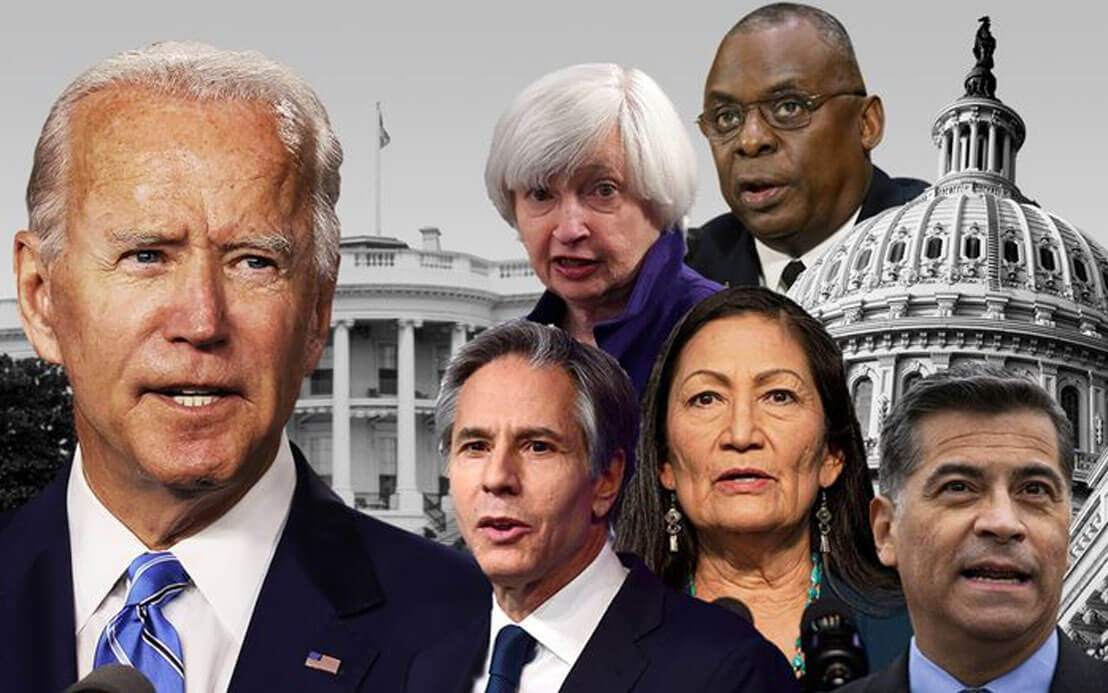Here are some ways individuals can make a difference through political engagement:
1. Educate Yourself and Others
- Overview: Understanding political systems, issues, and candidates is crucial for informed engagement.
- Actions:
- Stay informed about local, national, and international issues through reputable news sources, books, and documentaries.
- Attend lectures, workshops, or community forums to deepen your understanding of specific topics.
- Share knowledge with friends, family, and community members to foster informed discussions.
2. Vote
- Overview: Voting is one of the most direct ways to influence political outcomes and express your preferences.
- Actions:
- Register to vote and ensure your information is up to date.
- Research candidates and ballot measures before elections to make informed choices.
- Encourage others to vote by discussing the importance of participation and helping them navigate the voting process.
3. Engage in Advocacy
- Overview: Advocacy involves promoting specific causes or policies to influence decision-makers and public opinion.
- Actions:
- Identify issues you are passionate about and research organizations working on those issues.
- Contact elected officials to express your views, share personal stories, or advocate for specific policies.
- Participate in campaigns, rallies, or demonstrations to raise awareness and show support for your cause.
4. Join or Support Political Organizations
- Overview: Political organizations, such as parties, advocacy groups, and grassroots movements, can amplify your voice and efforts.
- Actions:
- Join local or national organizations that align with your values and interests.
- Volunteer your time or skills to support their initiatives, whether through organizing events, fundraising, or outreach.
- Collaborate with others to create a collective impact on issues that matter to you.
5. Participate in Local Government
- Overview: Local government decisions often have a direct impact on your community, making local engagement crucial.
- Actions:
- Attend town hall meetings, city council sessions, or school board meetings to stay informed and voice your opinions.
- Run for local office or support candidates who align with your values and vision for the community.
- Engage with local issues, such as zoning, public safety, and education, to influence policies that affect your daily life.
6. Utilize Social Media and Digital Platforms
- Overview: Social media can be a powerful tool for raising awareness, mobilizing support, and fostering discussions.
- Actions:
- Use social media to share information, articles, and personal insights on political issues.
- Join online communities or forums that focus on political engagement and advocacy.
- Create or participate in campaigns that leverage digital platforms to reach a wider audience.
7. Engage in Civil Discourse
- Overview: Constructive conversations about political issues can bridge divides and foster understanding.
- Actions:
- Practice active listening and engage with differing viewpoints respectfully.
- Encourage open discussions in your community, workplace, or social circles to promote dialogue.
- Challenge misinformation and stereotypes by providing factual information and personal experiences.
8. Support Civic Education
- Overview: Promoting civic education helps others understand their rights and responsibilities as citizens.
- Actions:
- Volunteer with organizations that provide civic education programs in schools or communities.
- Advocate for comprehensive civic education curricula that teach students about government, rights, and civic engagement.
- Share resources and information about civic responsibilities with peers and younger generations.
9. Be Persistent and Patient
- Overview: Political change often takes time and sustained effort.
- Actions:
- Stay committed to your causes, even in the face of setbacks or challenges.
- Celebrate small victories and progress, recognizing that change is often incremental.
- Build resilience by connecting with like-minded individuals and communities for support and motivation.
Conclusion
Political engagement is a powerful way to make a difference in your community and beyond. By educating yourself, voting, advocating for causes, and participating in local governance, you can contribute to a more vibrant and responsive democracy. Every action, no matter how small, can have a ripple effect, inspiring others and fostering a culture of active citizenship. Embrace the power of political engagement to create positive change and shape the future you envision.











